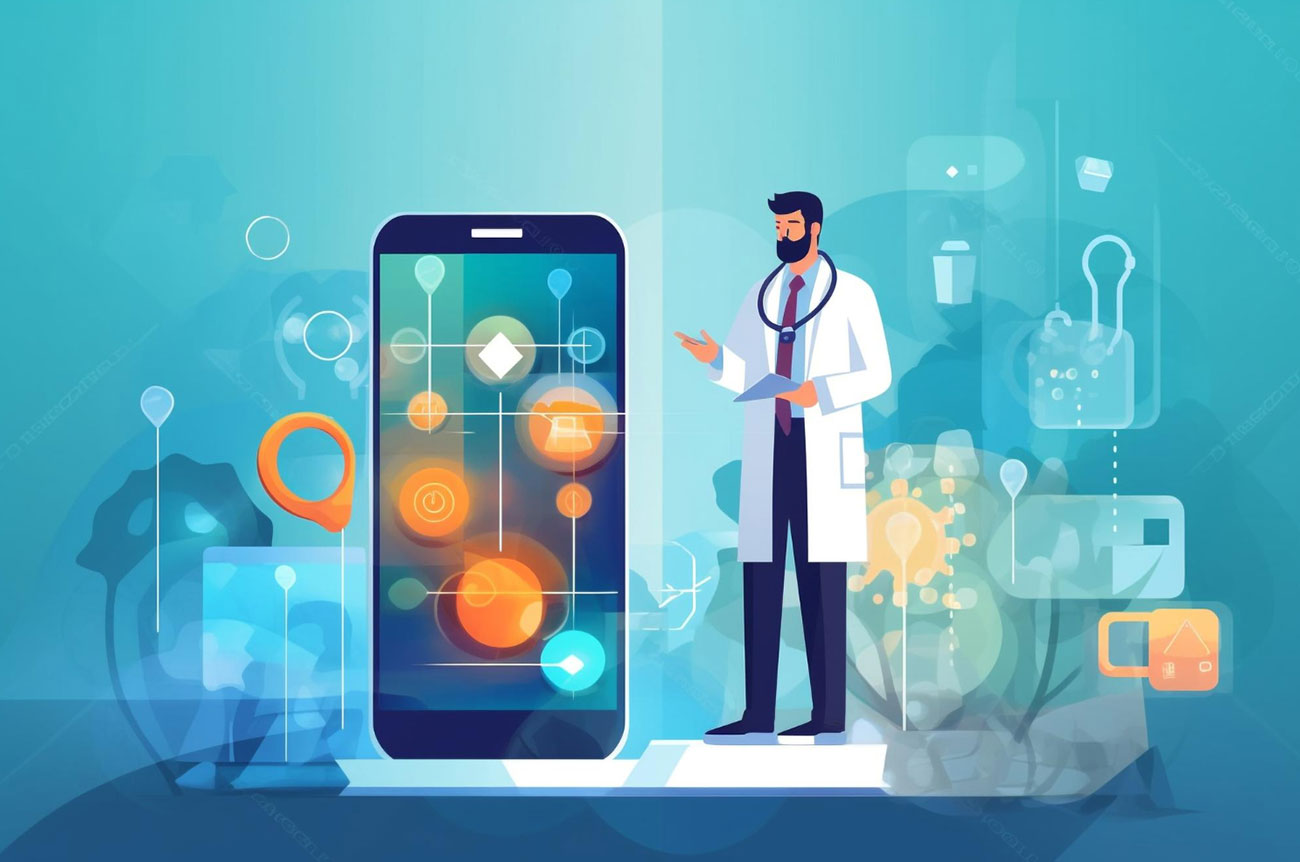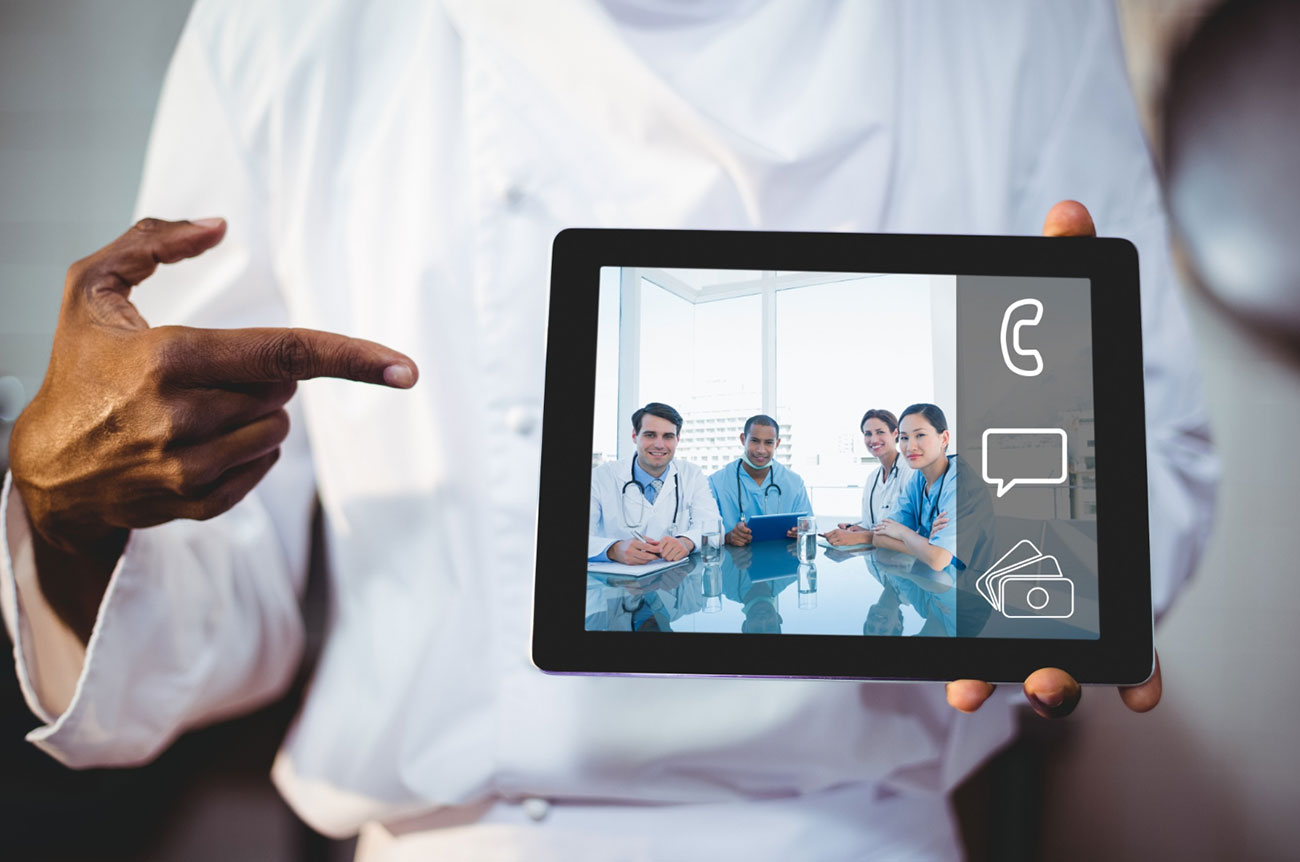
Posted On October 11, 2024
How Digital Healthcare Solutions Improve Patient-Centered Care
Introduction to Digital Healthcare Solutions
Digital healthcare solutions refer to the use of technology to improve the quality, accessibility, and efficiency of healthcare services. From telemedicine to mobile health apps, these innovations are designed to enhance the patient experience and streamline healthcare processes. For individuals and healthcare providers, adopting these tools can lead to better communication, personalised care, and improved outcomes.
The Role of Technology in Enhancing Patient Experience
Technology plays a pivotal role in making healthcare more patient-centric. With digital solutions, patients can easily access medical information, book appointments online, and communicate with healthcare professionals remotely. This increases convenience and reduces the time spent waiting for services, making healthcare more accessible and tailored to individual needs.
Improving Communication Between Patients and Healthcare Providers
Effective communication is the cornerstone of patient-centred care. Digital tools, such as patient portals and teleconsultations, allow patients and healthcare providers to stay connected more efficiently. Patients can now consult doctors through video calls, receive test results online, and get prescriptions digitally. This seamless communication leads to faster decision-making and better-informed patients.
Telemedicine: Bringing Healthcare to Your Home
Telemedicine has revolutionised healthcare by enabling remote consultations between doctors and patients. This is especially beneficial for those in rural areas or with mobility issues. Patients can receive diagnoses, treatment plans, and follow-up care without the need to visit a hospital. Telemedicine not only saves time but also reduces the risk of infections from visiting clinics, ensuring safer healthcare delivery.
The Importance of Personalised Treatment Plans
Digital healthcare solutions allow for the creation of more personalised treatment plans based on real-time data. With wearable devices and health monitoring apps, patients can track their vital signs, medication schedules, and lifestyle habits. This data helps doctors tailor treatments that suit each patient’s specific health needs, improving overall care and long-term outcomes.
How Mobile Health Apps Empower Patients
Mobile health apps have revolutionised patient-centred care by putting healthcare management directly into the hands of patients. These apps allow individuals to monitor their health metrics, such as heart rate, sleep patterns, and physical activity, in real time. Patients can track their medication schedules, set reminders, and even consult with healthcare professionals remotely. This level of control and access to personal health data encourages patients to take an active role in their own healthcare journey, leading to better health outcomes and greater satisfaction.
Data-Driven Decisions for Better Health Outcomes
Digital healthcare solutions leverage big data to improve patient care. By analysing vast amounts of health-related information, healthcare providers can make more informed decisions. This data can highlight trends, predict potential health issues, and personalise treatment plans. For instance, predictive analytics can identify patients at risk of certain conditions, allowing for early intervention. Data-driven decisions ensure that treatments are tailored to the individual, leading to more effective care and enhanced patient experiences.

Electronic Health Records (EHR) for Seamless Care Coordination
Electronic Health Records (EHR) have simplified the coordination of care across different healthcare providers. With EHRs, patient data is stored in a digital format that can be easily accessed and shared between doctors, specialists, and other healthcare professionals. This improves communication and reduces the chances of medical errors, such as incorrect prescriptions or repeated tests. As a result, patients receive more streamlined care, with fewer delays and better overall outcomes.
Ensuring Patient Privacy and Data Security in Digital Health
One of the major concerns with digital healthcare solutions is patient privacy and data security. Healthcare providers must ensure that patient information is protected from breaches and unauthorised access. Digital health platforms implement strong encryption protocols, multi-factor authentication, and other security measures to safeguard sensitive data. By prioritising data security, healthcare providers not only comply with regulations but also build trust with their patients, ensuring them that their personal health information is safe.
The Benefits of Remote Monitoring for Chronic Conditions
Remote monitoring technologies enable healthcare providers to track patients with chronic conditions from a distance. Devices such as wearable sensors and home monitoring systems continuously collect data on vital signs, alerting doctors to any changes in a patient’s condition. This allows for timely interventions and prevents complications from worsening. For patients with chronic illnesses, remote monitoring reduces the need for frequent hospital visits, giving them more control over their daily lives while ensuring they receive the necessary care.
Conclusion
Digital healthcare solutions are transforming patient-centred care by empowering patients, improving care coordination, and enhancing data-driven decision-making. With a focus on privacy and security, these technologies ensure patients receive efficient, personalised, and secure care, especially for chronic conditions. The future of healthcare lies in these innovations, offering a more engaged and effective approach to patient care.
